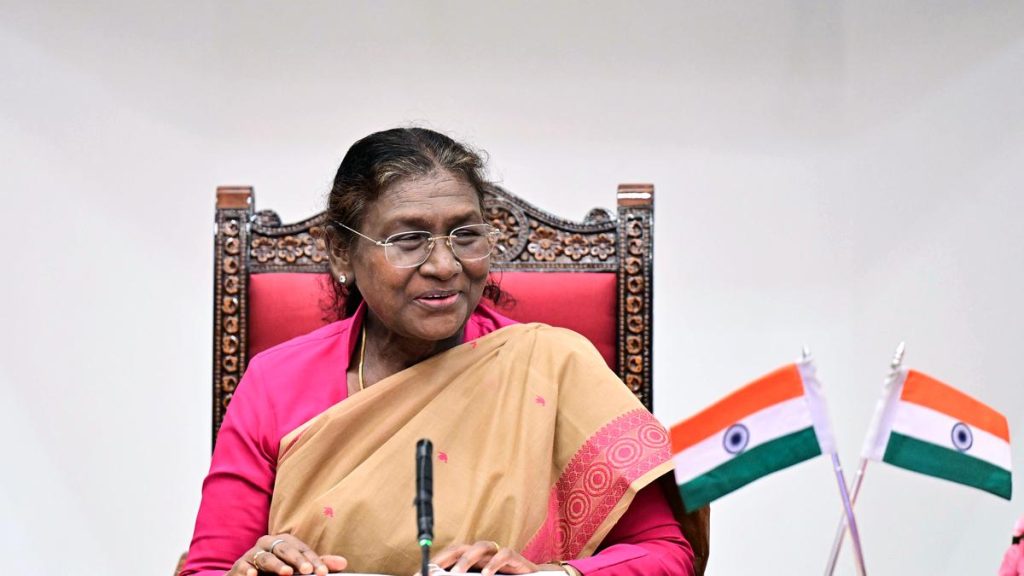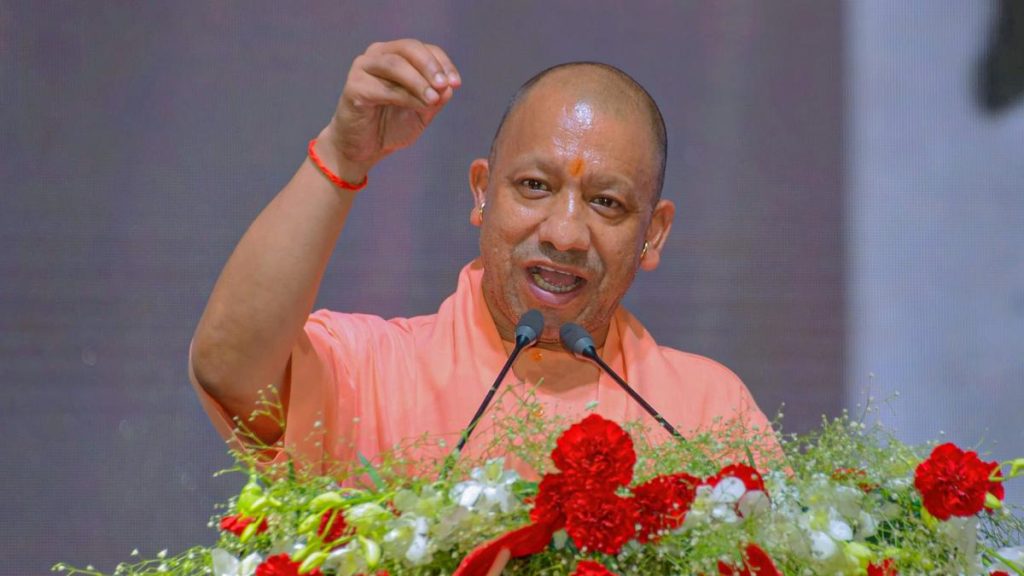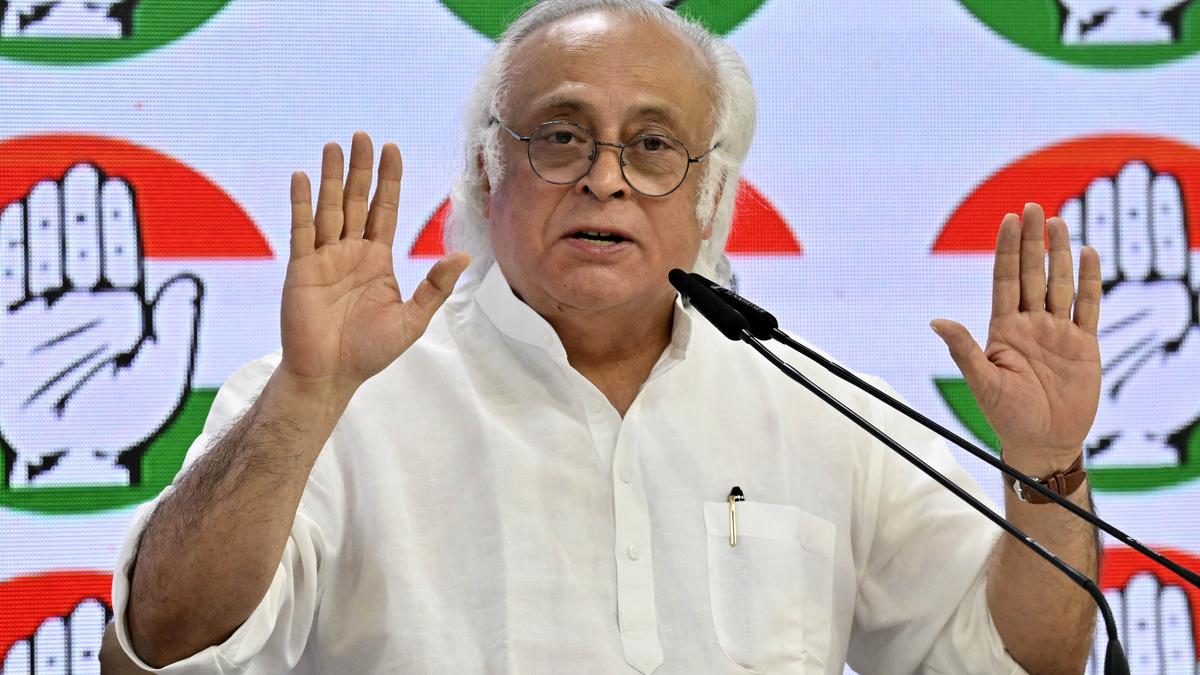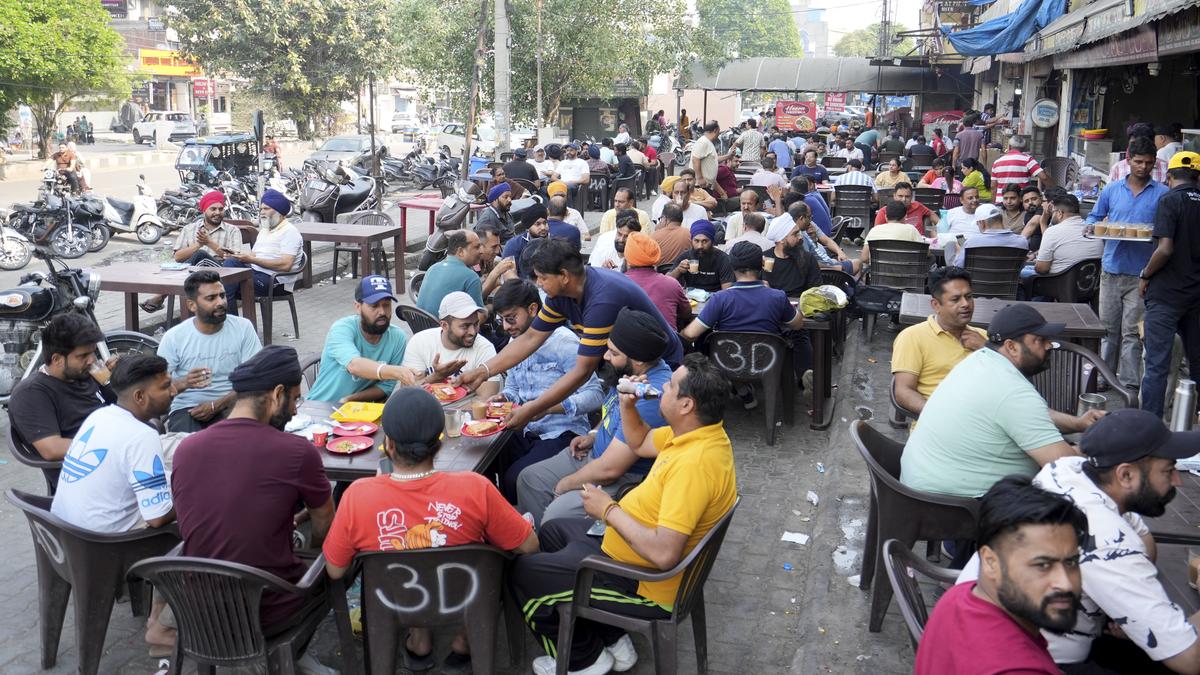Now Reading: HC: Detaining Without Trial is Punishment, Bail Should Be the Norm
-
01
HC: Detaining Without Trial is Punishment, Bail Should Be the Norm
HC: Detaining Without Trial is Punishment, Bail Should Be the Norm
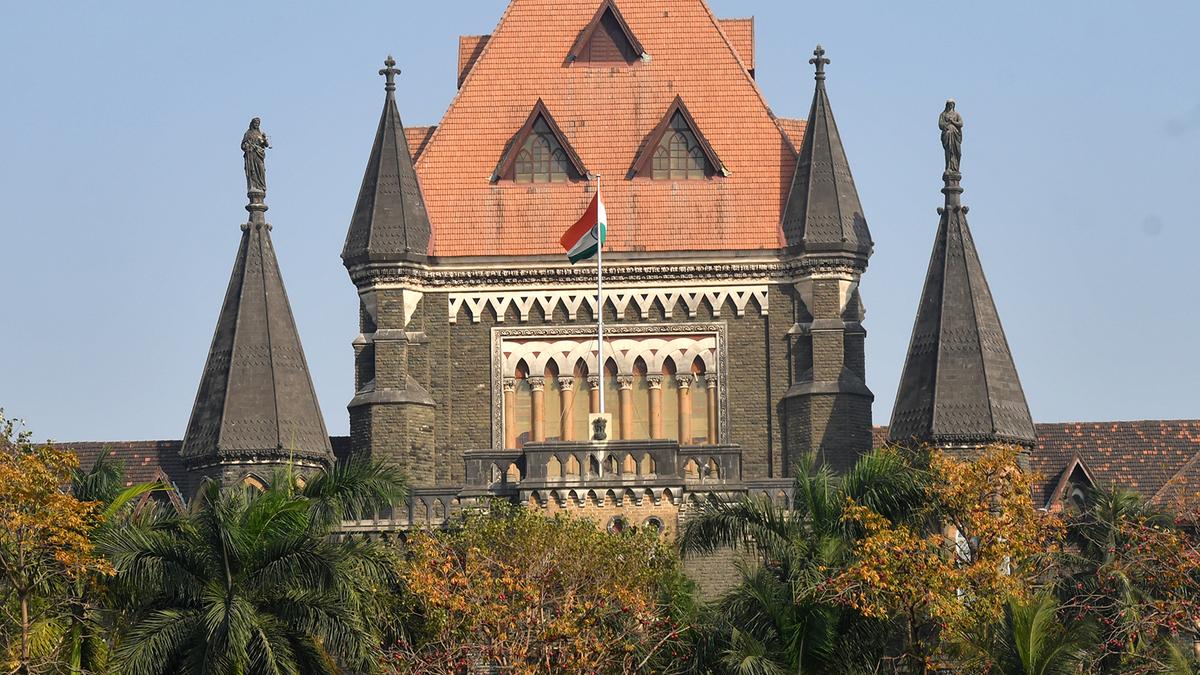
Quick Summary
- The Bombay High Court stressed that bail is the rule and refusal is the exception while granting bail to a man detained for over six years without trial.
- Justice Milind Jadhav highlighted overcrowded jails in Maharashtra and termed prolonged detention without trial as “pre-trial punishment.”
- The court noted prisons,like Arthur Road Jail,are housing 220-250 inmates per barrack,far exceeding the sanctioned capacity of 50 per barrack.
- Observations pointed to meaningful delays in trials,undermining constitutional rights such as speedy justice and personal liberty.
- Justice Jadhav remarked that merely opposing bail based on crime severity does not align with criminal jurisprudence principles asserting innocence until proven guilty.
- A December 2024 report detailed severe overcrowding issues, prompting concerns about balancing incarceration with legal protections for undertrial prisoners.
Indian Opinion Analysis
The Bombay High Court’s decision underscores critical systemic challenges in India’s judicial ecosystem. Prolonged incarceration of undertrial prisoners highlights inefficiencies in legal processes that infringe on constitutional rights such as personal liberty and speedy trials. Overcrowded prisons exacerbate human rights concerns, reflecting a need for reforms at both judicial and administrative levels.
Justice Jadhav’s observations challenge prosecution-heavy approaches to bail denial often rooted more in notions of crime severity than legal fairness. This ruling invites broader discussions on balancing rigorous law enforcement with humane treatment of defendants presumed innocent. Addressing these structural deficiencies could considerably enhance both prison management standards and public trust in India’s justice system.


